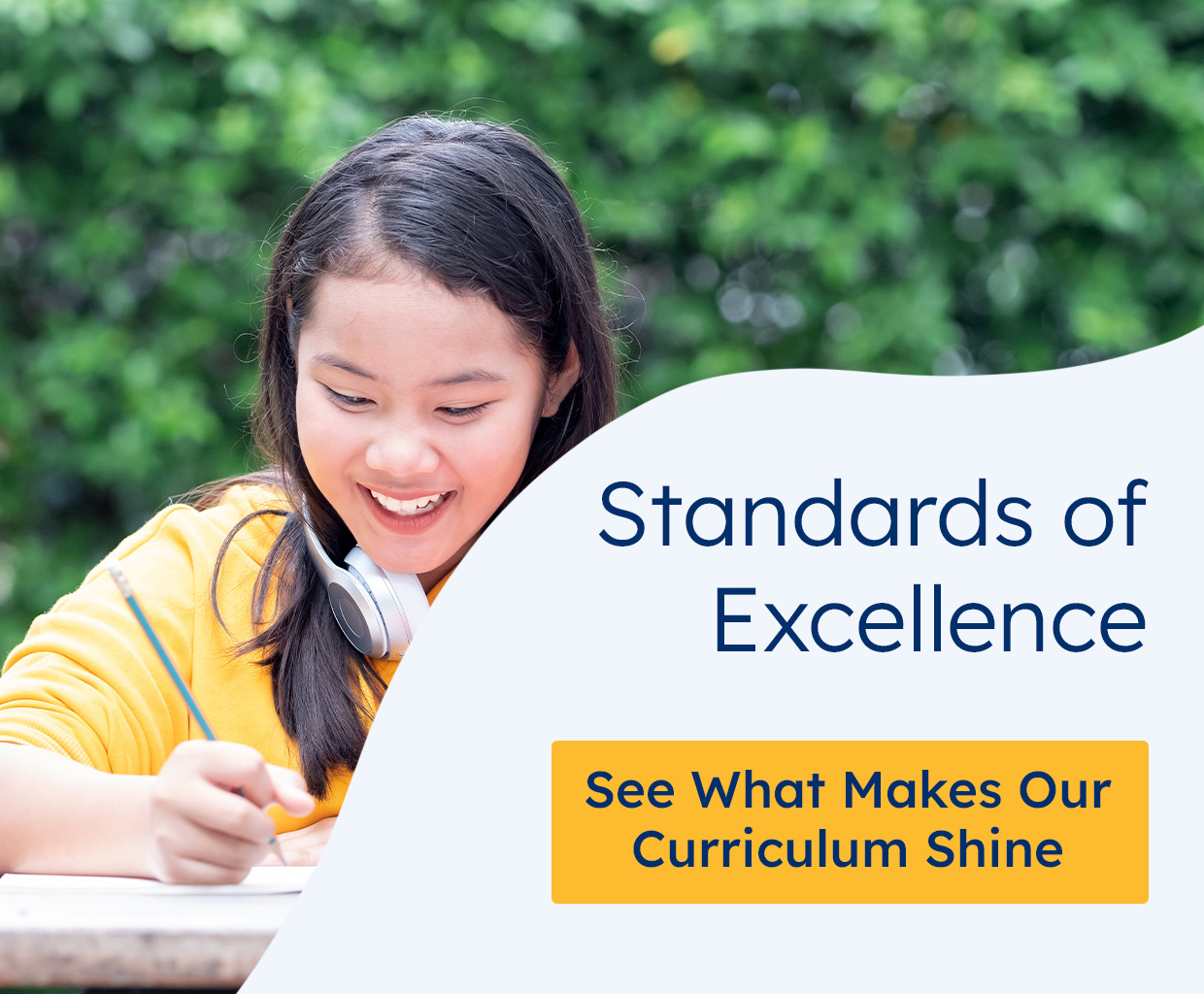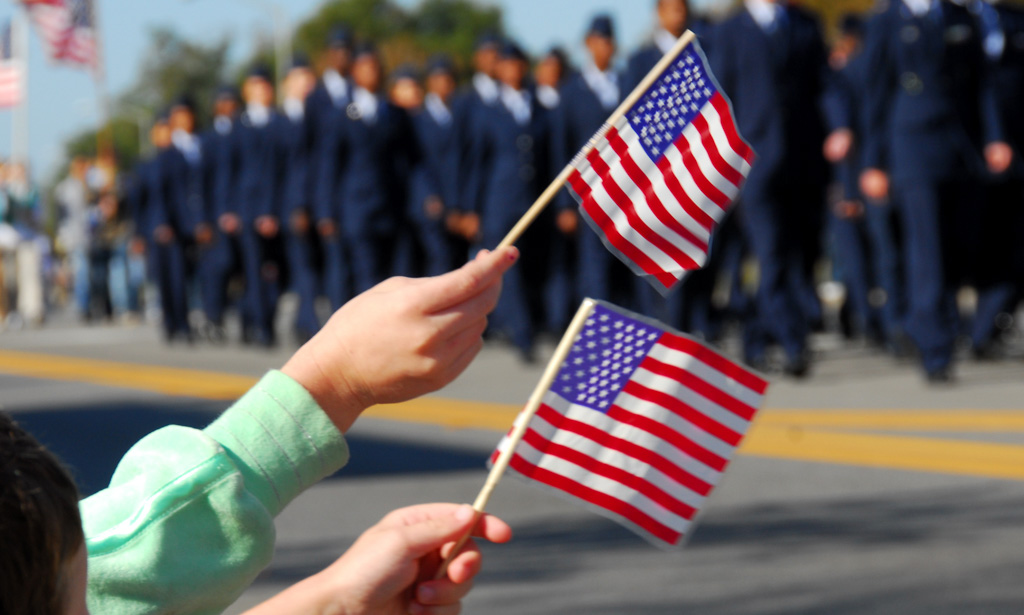With the American Presidential elections right around the corner, comes a terrific opportunity to teach our students the various stages of the election process. All too often we place our focus on the end stage of the election when the competition is simply between one candidate from each party. But if we want our kids to get involved in helping shape our country in the future, we want them to understand the importance of the primaries.
We’re only a few weeks away, but there is still time to give them a good understanding of this early election process. Best of all, you can do it even if you have limited American civics knowledge, yourself. The following are just a few great ideas for teaching kids about the election process.
What Issues Matter Most? – Learning about family values and about how politicians stand on these issues is a prime opportunity for discussing how candidates share values that matter the most to you. Talking about the important issues can also help you identify the best candidates. Your kids can identify where the candidates stand on your top issues, and you can teach your kids about how we are all unique and have individual thinking processes. You can also teach them why it is important to vote for those who stand on your side of the issues. Each candidate has his or her own website, and by visiting their individual website, you can learn where they stand on specific topics. Click here to view the candidates and click on their picture to see their individual website.
Learn the Election Process Vocabulary – Teaching kids about the election process can be confusing if your child doesn’t grasp the popular election process vocabulary. Here are some top vocabulary words to get you started: caucus, candidate, democracy, democratic, minority, majority, republic, incumbent, nomination, elector, independent, delegate, House of Representatives, Congress, convention, primary, inauguration, poll, precinct and politician. Click here to find more helpful vocabulary words and definitions.
Visit Historically Important Venues – Homeschooling and the election process go hand-in-hand. Now is the prefect time to take a day trip to local historical sites, government buildings, and homes of prior presidents. Many places offer guided tours and also have historical documents and artifacts on display. Teaching kids about the election process and the candidates can be more interesting when done on a field trip, and when children are engaged in new environments. The National Park Service’s Historic Landmarks can help plan your trip to these sites. And the National Religious Liberties Conference can help your students learn about the issues that will gather the most attention in the election process.
Incorporate Creative Writing Into Your Lessons – A great lesson plan might begin with a writing prompt to get your students absorbed in both creativity and critical thinking. For example, you can ask them to begin with: “If I were President, I would…” and then encourage them to fill in the rest with a paragraph or more, depending on the child’s age, describing what they would do if elected as President. Children can even send their thoughts to the President by visiting the White House website.
Learn About Debate – Debates exist so that candidates have an opportunity to share their own timed response to questions about popular issues. These debates are critical to the election process, because they provide insights on where a candidate stands on an issue. They also provide a real-world connection where students can both observe facial expressions, hear tone of voice and watch to see how the candidates compose themselves under pressure. You can also put on your own debate, where your kids get to analyze their opinions, organize their thoughts, and speak in front of a group. Other ways you can learn about debate is through Bridgeway’s Public Speaking and Debate Classes that help High School students learn more in depth analytical skills. And for younger students, try looking at the great tips and tricks Education World offers.
Practice Voting – One homeschool family shared a story about how they nominated two dinner choices, and explained that their election would determine the winner. They made campaign posters, a ballot box, and paper ballots, and each kid had a chance to cast his vote. They counted ballots to bring out math skills and they introduced new vocabulary words to incorporate English skills. You can also check out the free Election 2012 Activity Pack from Pearson which is an interactive online resource filled with games, a student-friendly blog, historical facts, profiles of the candidates, and much more.
Read – When your child asks “What is the election process?” you can rely on an abundance of books about government, the election process, and presidents. Check out titles like Duck for President and others on the U.S. Senate’s Kid’s Bookshelf – a great resource for books about how government works, the constitution, and more.
Another great resource to use is the free DvD lesson from Learn Our History, featuring Co-Founder Governor Mike Huckabee. To learn more about how to incorporate the election process into your home or classroom, or to learn more about Bridgeway Academy, simply call us at 800-863-1474.







